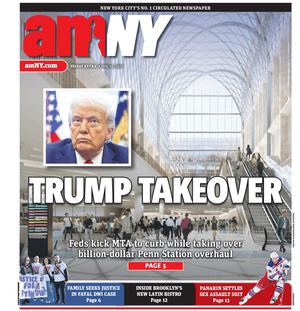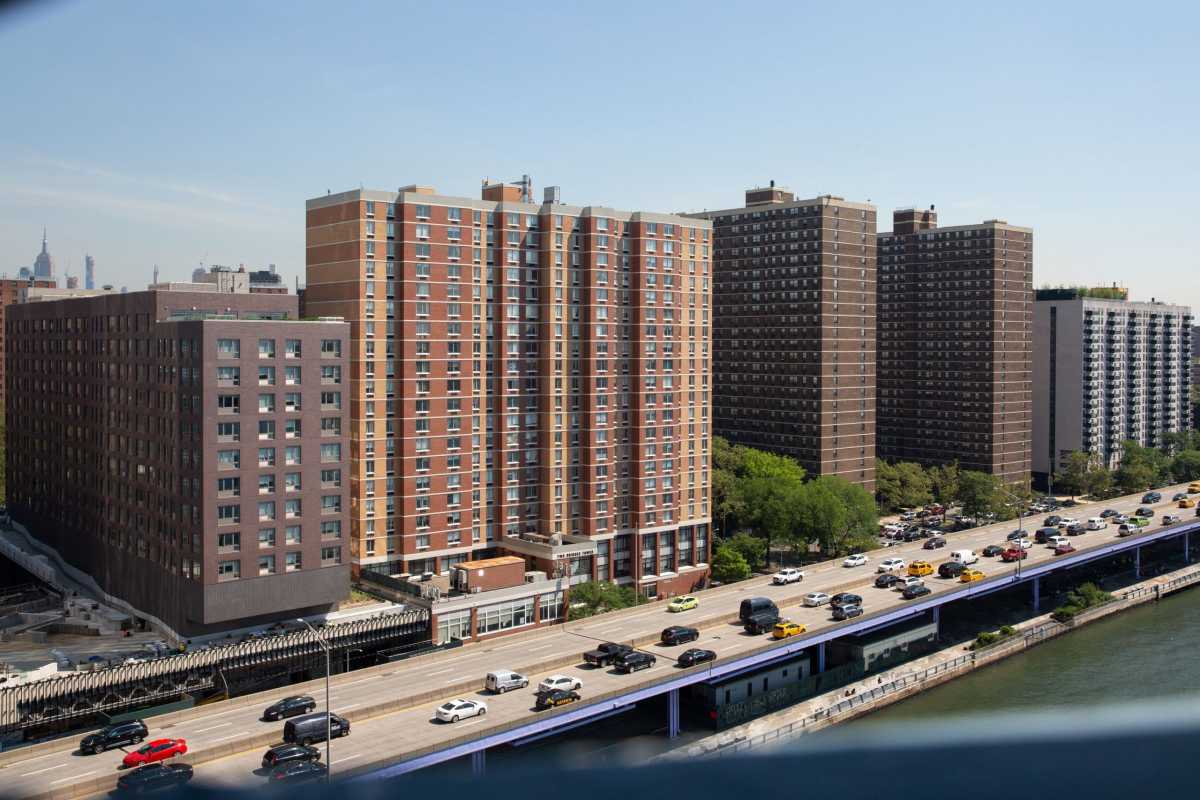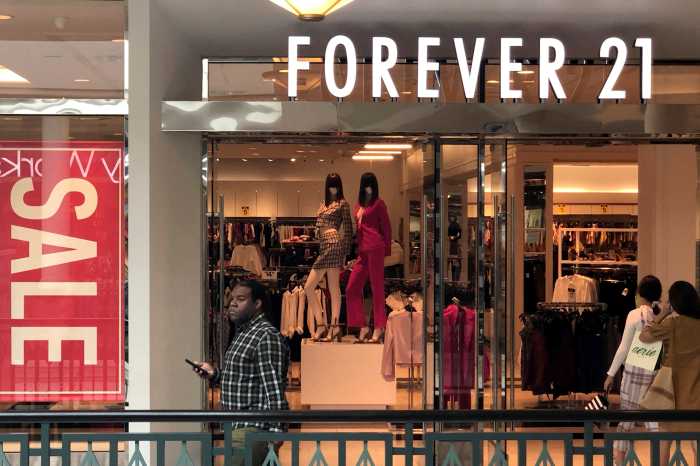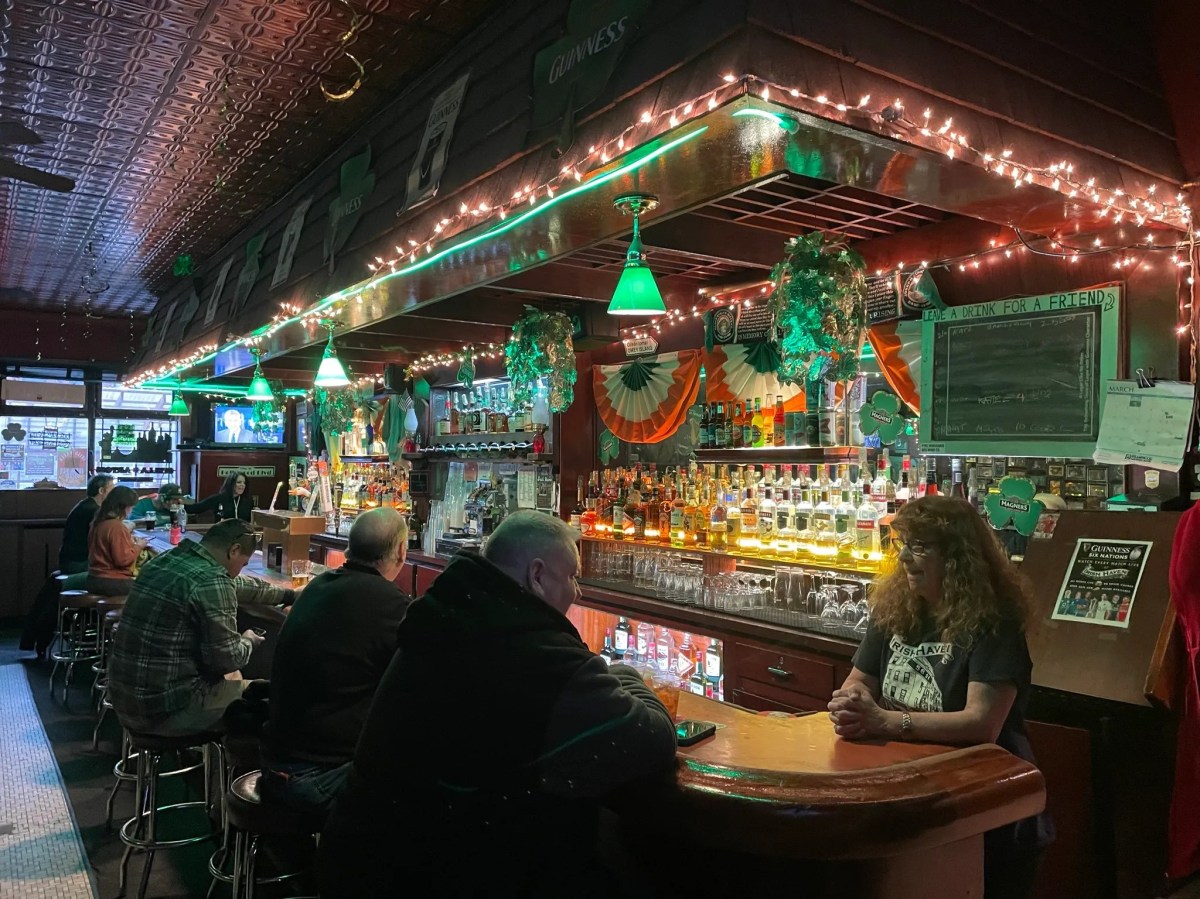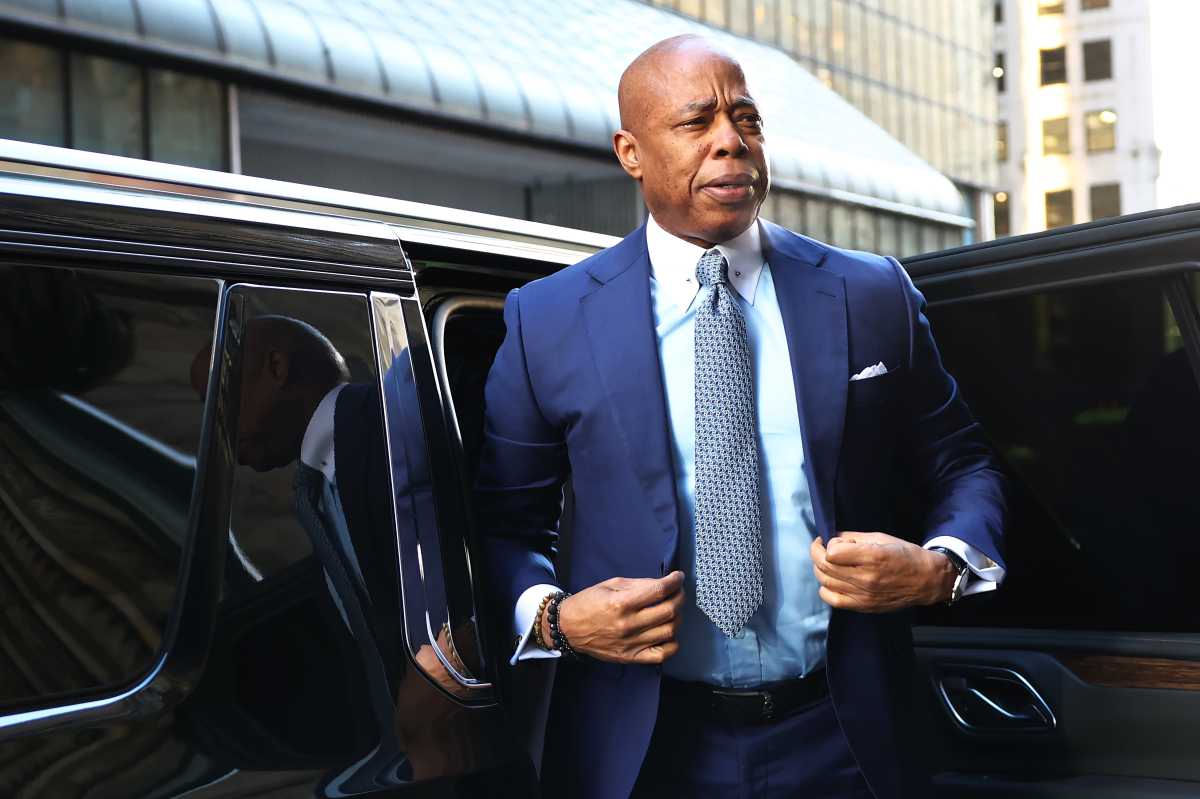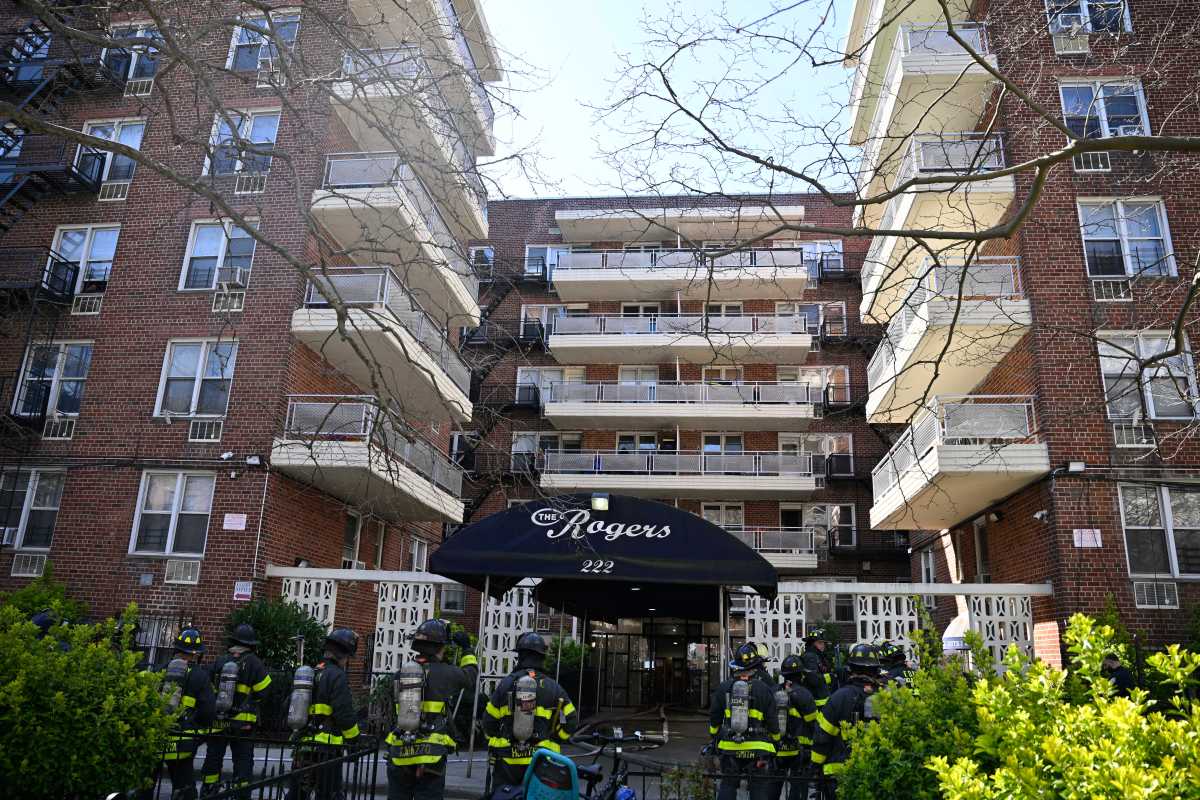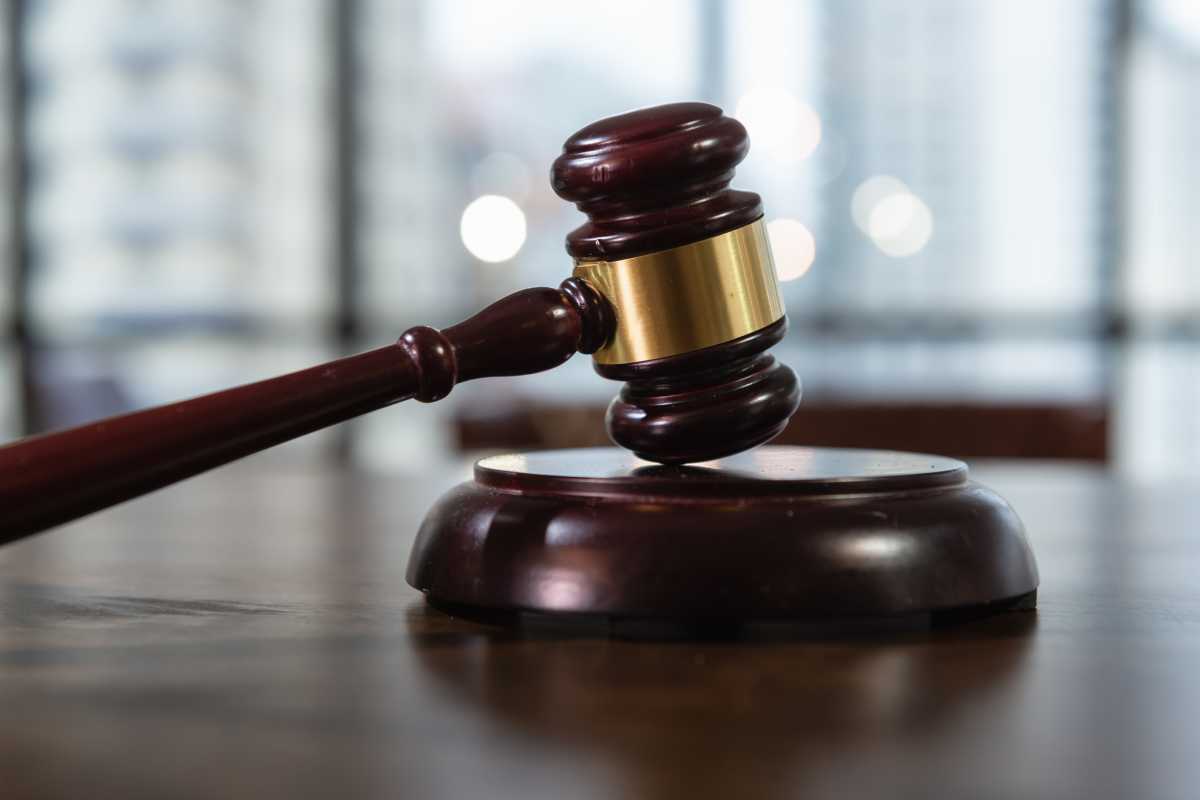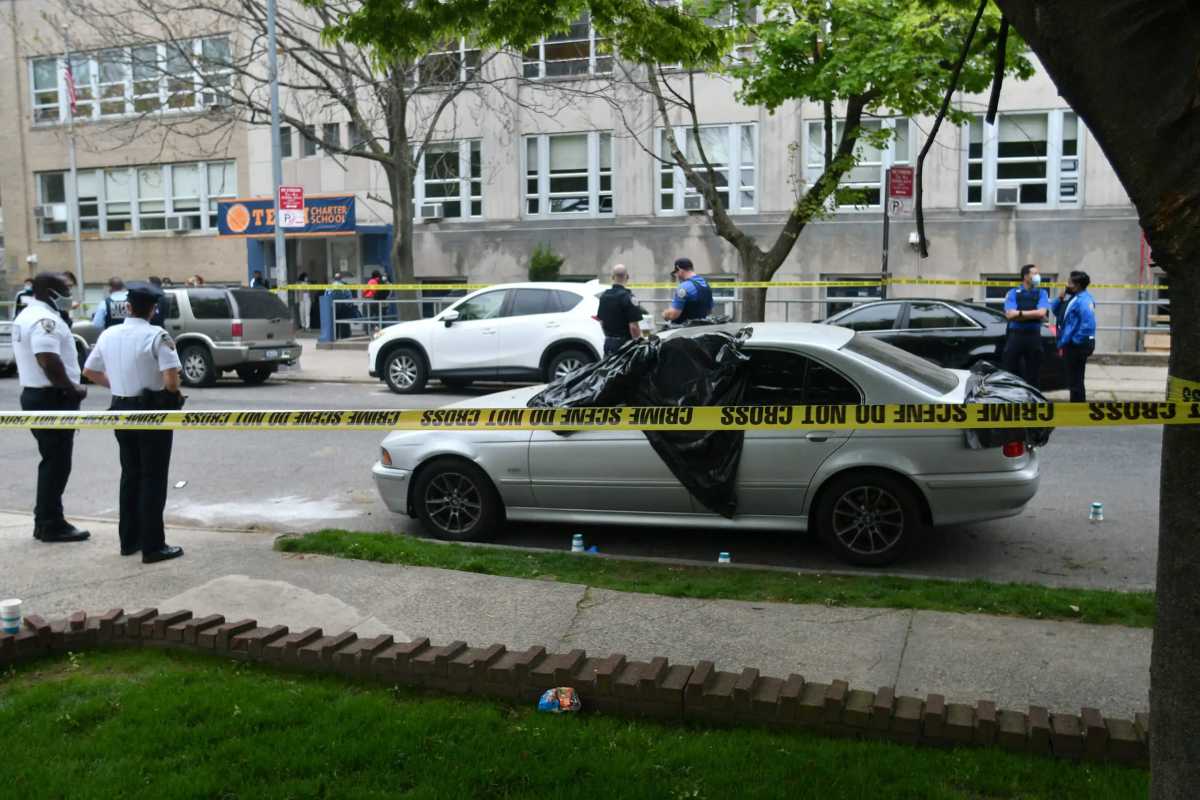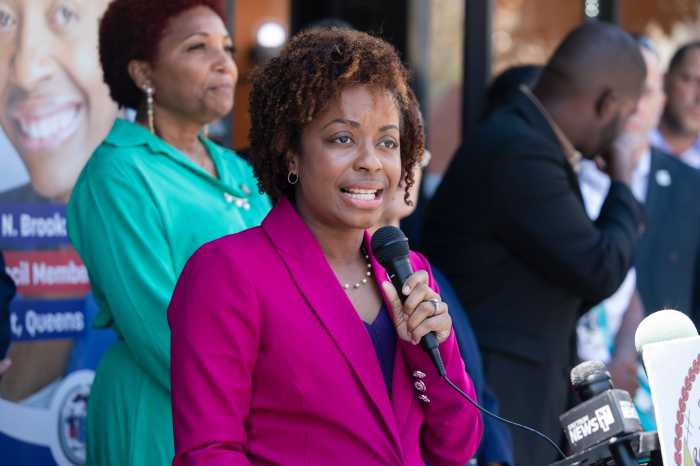BY RACHEL HOLLIDAY SMITH, THE CITY. This article was originally published on by THE CITY
A panel of judges on Thursday slapped down a decision that had blocked a three-building megadevelopment on the Lower East Side. But that doesn’t mean construction in Two Bridges has the go-ahead — yet.
A unanimous decision from the Appellate Division reversed a particularly ardent ruling by Manhattan Supreme Court Judge Arthur Engoron last summer that had said pre-existing development rules for the site did not permit three planned 70- to 100-story buildings on the waterfront.
The higher court ruled that the City Planning Commission had made the right call when it approved tweaks to the development rules the developers requested, and found “no error” with the decision to not put the project through the public review process known as ULURP.
The decision is a win for the consortium of developers that have banded together to get approval to separately build the towers on three development sites within the Two Bridges area of the neighborhood, once an urban renewal zone now home to many low-income tenants.
The venture backed by CIM Group, L+M Development Partners, Starrett Development and JDS Development Group would add 2,775 apartments to the area, 25% of which would be classified as affordable housing.
The appellate decision, however, only applies to a lawsuit brought in late 2018 by Manhattan Borough President Gale Brewer and City Council members against the city and the City Planning Commission.
A pair of separate legal actions brought by two coalitions of local residents and activists are still pending and have not yet been resolved, noted Paula Segal, an attorney with TakeRoot Justice who represents clients in one of the remaining cases.
“This is definitely not a greenlight for the megatowers to go forward,” she said on Thursday.
Like the elected officials’ lawsuit, her clients’ case also hinges on whether or not the development went through the proper approval process, but in a slightly different way. They argue that the City Planning Commission did not complete an authorization required under the site’s zoning category, known as a Large Scale Residential Development Plan.
Segal’s clients got a win from Engoron in February when he ruled in their favor. The city has appealed that decision, which will likely be considered in November at the earliest, she said.
Shifting Landscape
Meanwhile, a wholly separate legal battle over development rights at one of the three would-be buildings — set to rise atop an existing residence for seniors — is ongoing.
 JDS Development
JDS DevelopmentAnd locals have said they hope that case drags on long enough for a grassroots neighborhood rezoning proposal to move forward, which would cap all buildings at about 35 stories in an area from Catherine Street to Montgomery Street between South and Cherry streets.
It has been a long road for the developers of the towers in Two Bridges, who first unveiled their plans publicly in 2016.
As the court fights continue, the real estate market in New York is shifting in the midst of the COVID-19 pandemic, with vacancies rising and prices dropping in Manhattan, particularly for higher-end and new properties.
Well before the virus crisis hit the city, one prominent indicator spelled possible trouble ahead in Two Bridges. At One Manhattan Square, a large condominium tower constructed in 2018 just north of the Manhattan Bridge, only one fifth of units had sold by this time last year.
This May, owners Extell Development cut prices on every remaining apartment in the building by 20%.
James Yolles, a spokesperson for the group of developers in Two Bridges, would not comment on their timeline, or whether development would move forward if legally permitted to do so.
“We applaud the court’s decision, which makes clear that these projects were lawfully approved and comply with zoning that’s been in place for more than 30 years,” he said.
THE CITY is an independent, nonprofit news outlet dedicated to hard-hitting reporting that serves the people of New York.
